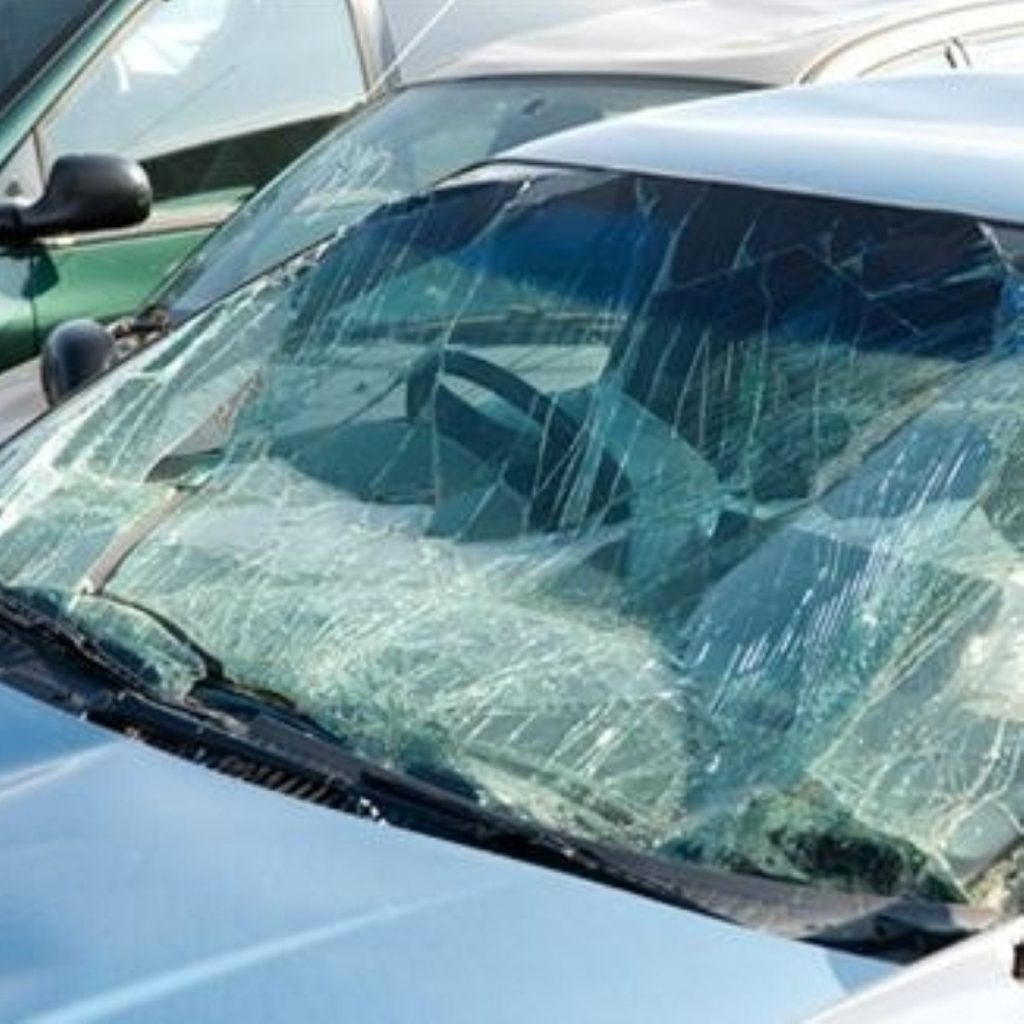Govt giving green tax ‘a bad name’
By Ian Dunt
Government mistakes have given environmental taxation “a bad name”, according to MPs.
In a report published today, the transport committee called for the government to tackle the growing gap between rising public transport fares and driving costs, which it said had become cheaper in real terms.
It also called for the introduction of a pay-per-mile charge for lorries.


MPs said taxation based on car usage through fuel duty remains fairer than any approach based on car ownership.
Committee chairman Louise Ellman said: “The government handled a phased set of increases to Vehicle Excise Duty so badly they tarnished the image of environmental taxes.”
Government spending on roads has almost doubled in real terms since 1999-2000.
But there is still considerable cynicism from motorists about the extent to which government help is filtering down.
Edmund King, AA president said: “The message is clear to the government and indeed all political parties that the motoring public has lost trust in them when it comes to motoring issues.
“An AA Populus poll shows that 75 per cent of drivers don’t think any of the political parties are ‘motorist friendly’.”
Director of the RAC Foundation, professor Stephen Glaister, said: “Whilst the solutions might be complex, the problem, as the committee has recognised, is simple.
“Too many vehicles on too little road space and no clear explanation to drivers of exactly what they get in return for the £45 billion or so they contribute to the Exchequer each year.”
The committee called for greater investment in transport, including the road network, and concluded that expenditure on transport will need to rise further as part of the government’s efforts to stimulate the economy.
MPs also warned that road investment should be justified only on the
basis of wider transport policy objectives, need and benefits.
“Narrowing the gap between driving costs and public transport fares is essential if low carbon living is going to be an affordable option for more people,” said Ralph Smyth, the Campaign to Protect Rural England’s (CPRE) senior transport campaigner.
“But the government’s plans will subsidise those who can afford a new car, while hitting hard those who need a car some of the time but cannot afford to buy a new, efficient one.
“These plans run the risk of penalising those who live in rural areas. They will mean people who have limited alternatives to driving will pay more, while those who can splash out on a new electric car will find motoring the cheapest it has ever been.”
The report, Taxes and Charges on Road Users, comes after three months of evidence-taking from a wide range of organisations and visits to road charging schemes in Germany and the Netherlands.

